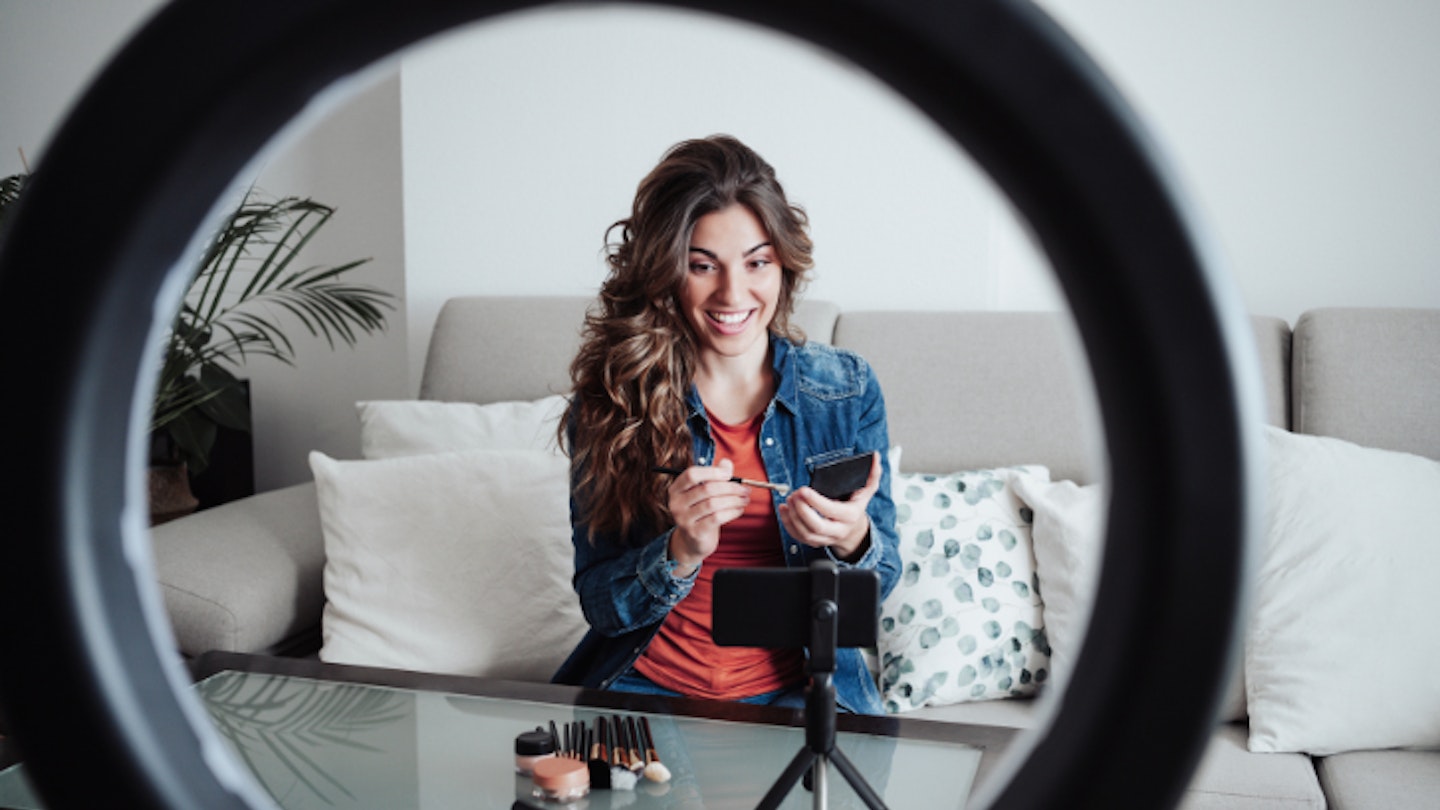It seems like every time you blink there's a new TikTok trend. Last year alone we had BimboTok , POV Videos and Goblin Mode among hundreds of others and as we enter 2023, it seems like the current buzzword is 'De-influencing'. But what exactly is de-influencing and why is it so big at the moment?
What is de-influencing?
Ever feel like TikTok and Instagram are swarming with influencers recommending the latest beauty product or accessory? You're not alone.
Essentially the de-influencing movement aims to counteract this with influencers giving genuine reviews of products. 'De-influencers' - as they call themselves - are more than happy to slate a product and tell you why it isn't necessary for you to spend your money on it.
Is de-influencing a good thing?
In theory, yes. It's helping to counteract overconsumption and allows influencers to be honest about products.
In practice however, often so called 'de-influencers' recommend alternative products to those that didn't work for them meaning that they're still encouraging people to buy new products which defeats the whole point.
However, for those who are easily influenced and often find themselves buying products recommended by TikTok and Instagram influencers, the de-influencing movement is a great one because it encourages viewers to question whether or not something is an essential purchase.
How did the de-influencing trend start?
A big turning point for conscious buying (aka making sure you really need a product before you buy it - something de-influencing massively encourages) was 'mascara gate', when beauty influencer Mikayla Nogueira claimed during a paid partnership #ad for L'Oréal that their mascara was 'life-changing' earlier this year.
People accused Mikayla of wearing false lashes for filming and claimed that she was lying to her audience. It should be noted that Mikayla denies wearing false lashes in the video, but has yet to respond to the outburst of anger from the internet directly. Let's be honest, there's no mascara powerful enough to change your life!
Why is de-influencing so popular?
As multiple countries currently navigate cost-of-living crisises and the damaging consequences of climate change, people are looking for ways to save money and become more sustainable, two things de-influencing actively encourages.
It looks like honesty really is the best policy.
What does the de-influencing movement mean for social media influencers and brands?
Hopefully de-influencing will lead to more transparency and honesty from influencers about the products that they use. Fingers crossed that when a company sends an influencer a product, they're prepared for it to potentially be critcised.
However, that does bring paid partnerships with brands into question, because it's unlikely that a company will be willing to pay money to an influencer who could slate their product. Since all ads on social media have to be declared, a new wave of influencing could be set to emerge, though what it entails, no one knows yet.
